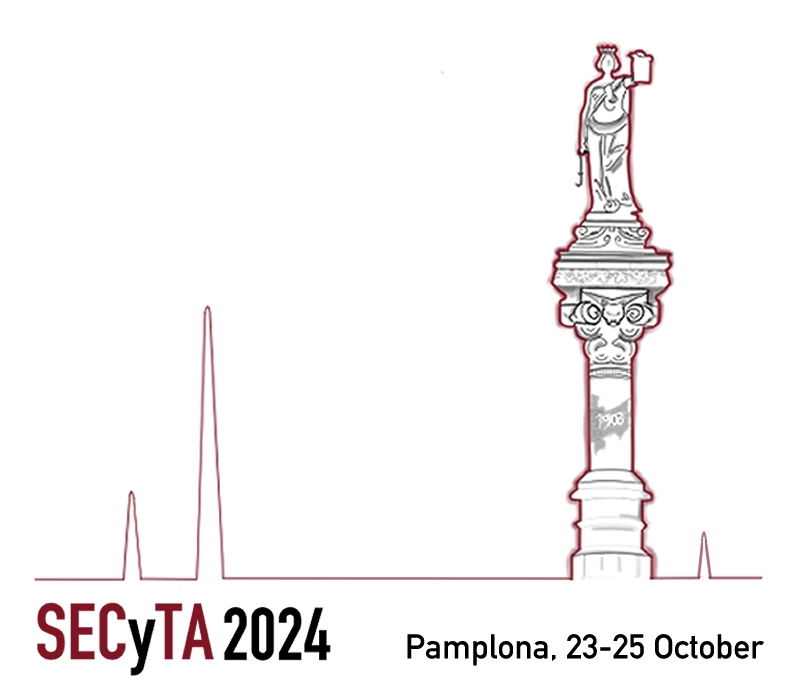
XXIII Meeting of the Spanish Society of Chromatography and Related Techniques
Pamplona, 23-25 October 2024
Invited speakers
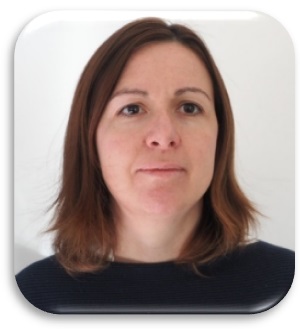
CECILIA GAGLIERO
Univerità degli Studi di Torino
Title: Going greener in analytical extraction for a sustainable characterization of natural products
Cecilia Cagliero (Scopus h-index 28) is Associate Professor in Pharmaceutical Biology at the Department of Drug Science and Technology of the University of Turin (Italy). She obtained her BSc degree in Drug Chemistry and Technology from the University of Turin in 2006 and the PhD degree in Science and High Technology from the same University in 2010. In 2016, she was a Visiting Professor at the Chemistry Department of Iowa State University (USA). Her research focuses on the development of advanced approaches for the characterization of volatile and non-volatile fractions from plants and natural products.
At the 2016 International Symposium on Capillary Chromatography, she received the Leslie Ettre award (given to a scientist 35 years of age or younger who presented the most interesting original research in the field of capillary gas chromatography) for her presentation on the measurement of acrylamide in coffee powder using gas chromatography/mass spectrometry (GC/MS). In October 2018, she was included in The Analytical Scientist magazine’s «Top 40 Under 40 Power List», which aims to identify talented young scientists who are making waves in analytical science.

JOSÉ BERNAL DEL NOZAL
University of Valladolid
Title: Determination of contaminants in bee products by using chromatographic techniques
José Bernal del Nozal is full Professor in Analytical Chemistry and head of TESEA group, University of Valladolid, has contributed for expanding the knowledge about some relevant issues such as food safety and quality, including the analysis of contaminants and bioactive compounds, and in development of new analytical strategies, especially those that involved green chemistry. In the last years, he has mainly worked in the apiculture area, especially in developing new strategies for determining pesticides and bioactive compounds in bee products. During his scientific career, he has worked with several analytical separation techniques as HPLC, GC, CE and SFC. He has also contributed as author/co-author to more than 120 scientific publications (H-index of 29), 90 congress presentations, 6 book chapters, and 1 patent. In addition, he has also participated as Principal Researcher/Researcher in 17 research projects or contracts with various industries and government agencies. He is also an Associate Editor of Food Analytical Methods, and member of the Editorial Board of several journals as Journal of Food Composition and Analysis, Foods, Separations, Measurement: Food, and Molecules. Finally, he has also have supervised 4 PhD thesis, and he is currently supervising three more, and he has been also selected for the evaluation of national and international projects.
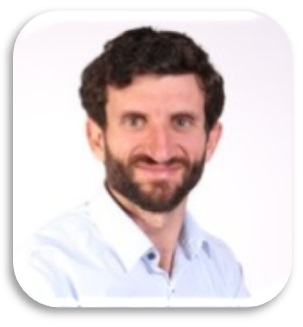
GABRIEL VIVÓ-TRUYOLS
Tecnometrix
Title: Automated (big) data treatment in chromatography: a paradigm shift
Gabriel Vivó-Truyols (1975) studied analytical chemistry at the University of Balearic Islands (Spain) and graduated in 1998. In 2004 he obtained his PhD with honours from University of Valencia (Spain) on chemometrics methods for optimization and data treatment of HPLC. His PhD dealt with the development of novel methods for optimization and data treatment in HPLC, and was awarded with the D.L. Massart award in chemometrics from the Belgian Chemometrics society in 2006, given every two years to the best PhD thesis in chemometrics, world-wide. In 2004 he joined the team of Peter Schoenmakers (University of Amsterdam), where he developed a research program focused on chemometric techniques for optimization, calibration and data-treatment of two-dimensional chromatographic methods. In 2007 he joined the analytical chemistry team at BP in Sunbury (London area). He worked as chemometric specialist developing algorithms and software for GCxGC analysis of petroleum subproducts, as well as developing chemometrics methods for on-line infra-red analysis. In 2009 he re-joined the analytical-chemistry group of Peter Schoenmakers at University of Amsterdam as assistant professor. He left in 2017, establishing his own consultancy (based in Spain) in data analysis for chromatography and spectroscopy. With 20+ years of teaching experience at 4 different universities in this subject, Gabriel is currently scientific consultant for major multinationals in the area of data analysis, including BP, Castrol, BASF, Merck and Agilent technologies, as well as a collaborator with the university of Pardubice (Holcapek group) and member of the United States Pharmacopeia (where he is chair of the chemometrics joint subcommittee). Gabriel Vivó-Truyols has co-authored more than 60 papers, besides a book (in the making) covering the interface of chemometrics & chromatography. linkedin.com/in/gabriel-vivo-truyols-a987061
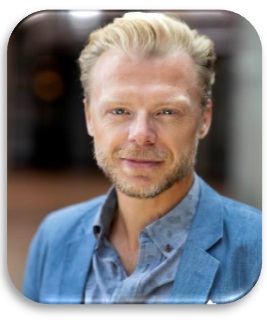
FREDERIC BÉEN
Vrije Universiteit and KWR Water Research Institute (Amsterdam)
Title: Novel developments to monitor environmental contaminants and their transformation products in the aquatic environment using high-resolution mass spectrometry and data science
Dr. Frederic Béen is an Assistant Professor in the Chemistry for Environment & Health research group at the Amsterdam Institute for Environment and Health (A-LIFE) of Vrije Universiteit Amsterdam. He also serves as a Senior Scientist at KWR Water Research Institute in the Water Quality and Health research group. Frederic’s work focuses on developing and enhancing suspect and non-target screening applications to monitor a wide range of environmental contaminants. His research explores how chromatography (LC and GC) and HRMS, along with data analysis pipelines, to better understand the source, fate, and impact of contaminants on humans and the environment. This involves developing cheminformatics and data analysis tools, such as chemometrics and machine learning, to analyse large sets of chemical and mass spectrometric data. Frederic’s research includes applying these techniques to human biomonitoring, effect-directed analysis (EDA), and micro- and nanoplastic analysis. He also explores wastewater-based epidemiology (WBE) to monitor and assess community health through wastewater analysis. Frederic co-leads the effect-directed analysis working group in the NORMAN network and is the deputy co-leader of Task 4.3 in the European Partnership for the Assessment of Risk from Chemicals (PARC), focusing on innovative methods to monitor contaminants in humans and the environment.
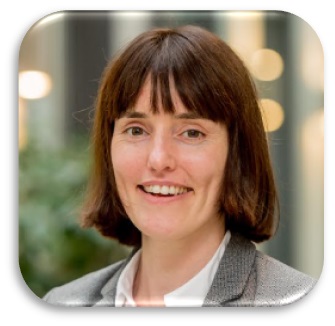
JENNIFER KIRWAN
Charité University Hospital
Title: The metabolome and the immune system; why good chromatography matters!
Dr Kirwan started her career as a clinical veterinarian where she became increasingly interested in translational and evidence-based medicine before undertaking a PhD in metabolomics. She now heads the Berlin Institute of Health Metabolomics Platform at Charité University Hospital in Berlin, where she focuses on translational health-related metabolomics, especially on its quality management aspects. She is particularly interested in the gut-brain-heart health triad and how the microbiome influences health. She is a founding member of the German Metabolomics Society, a Central Committee member of the international Metabolomics quality assurance and quality control consortium (MQACC) and is an active member of the Precision Medicine and Pharmacogenomics working group of the International Metabolomics Society.